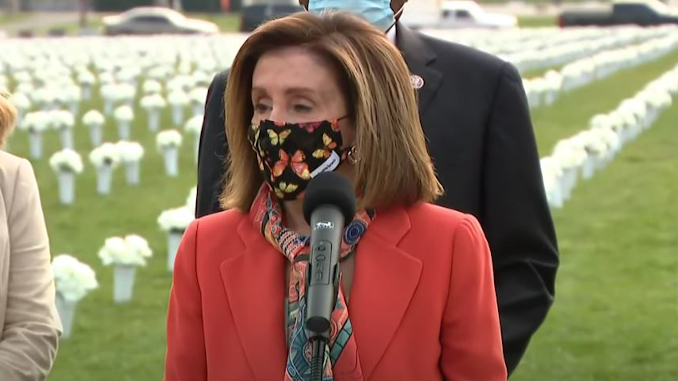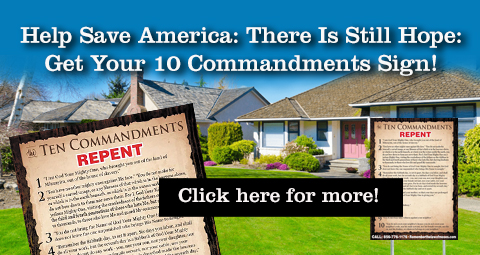
By Donald Jeffries
H.R. 1 is not a new bill. It was already being touted as the “For the People” Act, when it was introduced in 2019, and was passed by the House on a strict party line vote later that year. The then- Republican-controlled Senate blocked it from getting to a floor vote. With Democrats controlling both chamber, it stands a much better chance of passing this time.
As with all significant pieces of modern legislation, H.R. 1 is hundreds of pages long, and it is doubtful that many of those who vote on it have read much of it. Critics such as Ron Paul refer to it as “the Legalized Election Theft Bill.” With the courts proving conclusively that they had no interest in even looking at the overt fraud in the 2020 election, this bill will basically put a stamp of approval on all the suspicious things that caused the Donald Trump campaign and independent-mind- ed Americans to protest in the first place.
H.R. 1 will make it illegal to clear voter rolls of the deceased and non-residents. Corrupt manipulation of dead voters, and of those not living in the area, have long been a tool of the forces seeking to subvert the will of the people. The bill would force taxpayers to subsidize candidates they oppose. It would make it even easier to vote by mail, and force all states to allow it, which drastically increases the chances of fraud. The censorship already in place online regarding al- legations of 2020 election fraud will be tightened, making it hard for anyone to criticize electoral corruption. It actually allows federal regulators to categorize and limit certain kinds of speech.
According to Grover Norquist of Americans for Tax Reform, “New standards for ‘coordination’ would be broad and confusing. All speech that simply mentions a candidate could be illegal four months out from an election if groups speak to the public. Worse, at any time, any funded communication that mentions an issue that might be associated with a politician could be illegal. The government just has to say the speech ‘pro- motes,’ ‘attacks,’ ‘supports’ or ‘opposes’ a potential candidate.” As some critics have noted, merely telling citizens how a legislator voted could become a crime. The thoroughly corrupt Federal Election Commission would be empowered to enforce this further abrogation of free speech. The tyrants pushing this bill refer to those opposed to it as “domestic violent extremists.”
This odious legislation takes away another key component of state’s rights. The founders purposefully left it up to the individual states to control and oversee their election process. H.R. 1 puts elections firmly under the supervision of the federal government. As Ron Paul stated, “There are still unanswered questions about election fraud in 2020 and ongoing attempts to audit equipment and ballots, which would almost all be rendered moot by H.R. 1. What the statists are at- tempting with this bill would codify many of the avenues of fraudulent activity in an attempt to create a one-party rule . . . permanently.”
Some parts of the bill are at least debatable. Felons who have served their time should be able to vote, in the eyes of many people. But does this include those convicted of election fraud? That’s a bit murkier. Sixteen-year-olds in the workforce are taxed, so allowing them to vote seems fair, right? All parents would probably be skeptical about this, knowing how mature most 16-year- olds are. It’s hard not to see this push for “election reform” as anything but an attempt by the Democrats to corner one more loyal demographic. Ending the very wise practice of requiring a photo ID to vote is just another way to make vote fraud easier. Voters must have a picture ID to vote in Europe.
One of the more nonsensical aspects of H.R. 1 is that it provides a path to statehood for Washington, D.C. Again, this is yet another attempt by the Democrats to add two more senators to their side. The nation’s capital routinely votes 90% or more for Democrats.
The bill institutes harsh penalties for any “harassment” of poll workers or government administrators. This potentially criminalizes criticism of the electoral process. States would no longer be able to require voter ID for mail-in ballot applications. There is $25 million allotted for the use of minors in electoral activities. Like the 16-year- old vote, this is undoubtedly an extension of the sometimes diabolical leftist indoctrination permeating public school systems. It would extend the already ridiculous 10-day-after-election period for ballots to be counted.
As Stalin said, “It’s not who votes that counts, it’s who counts the votes.”



